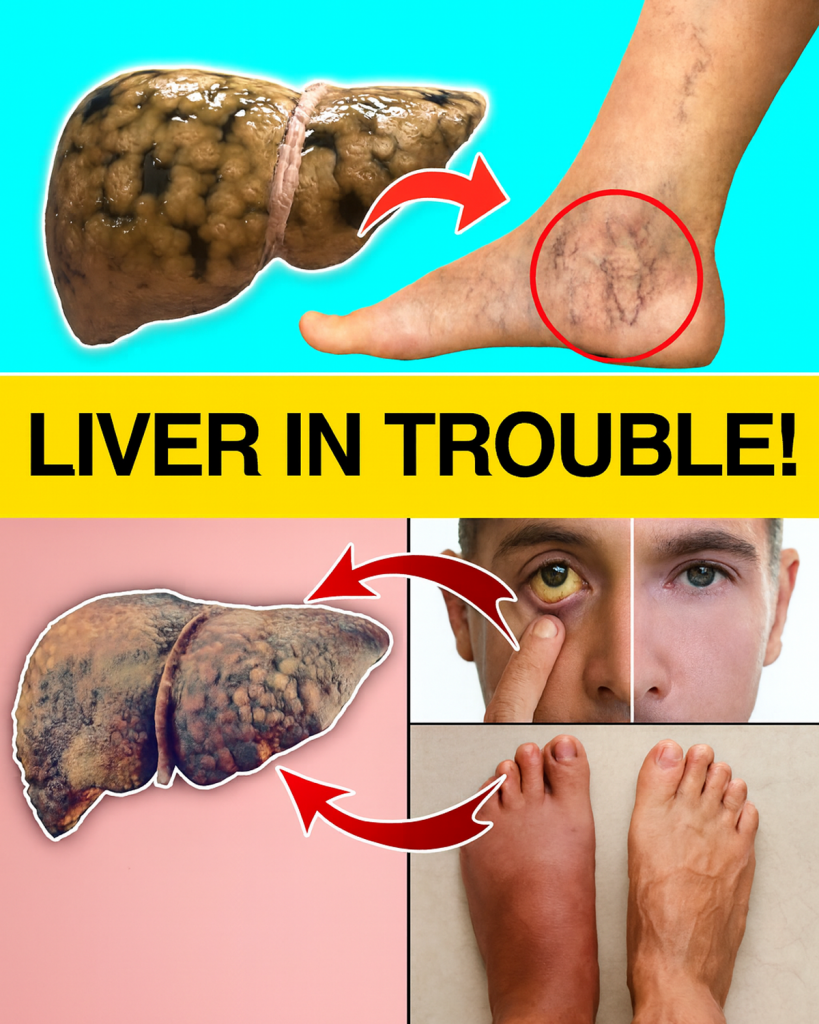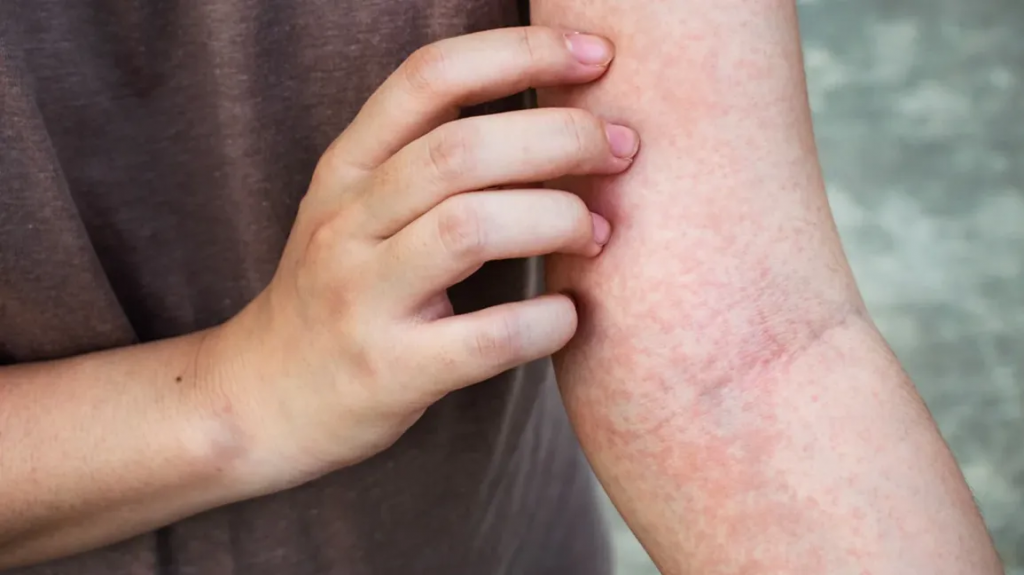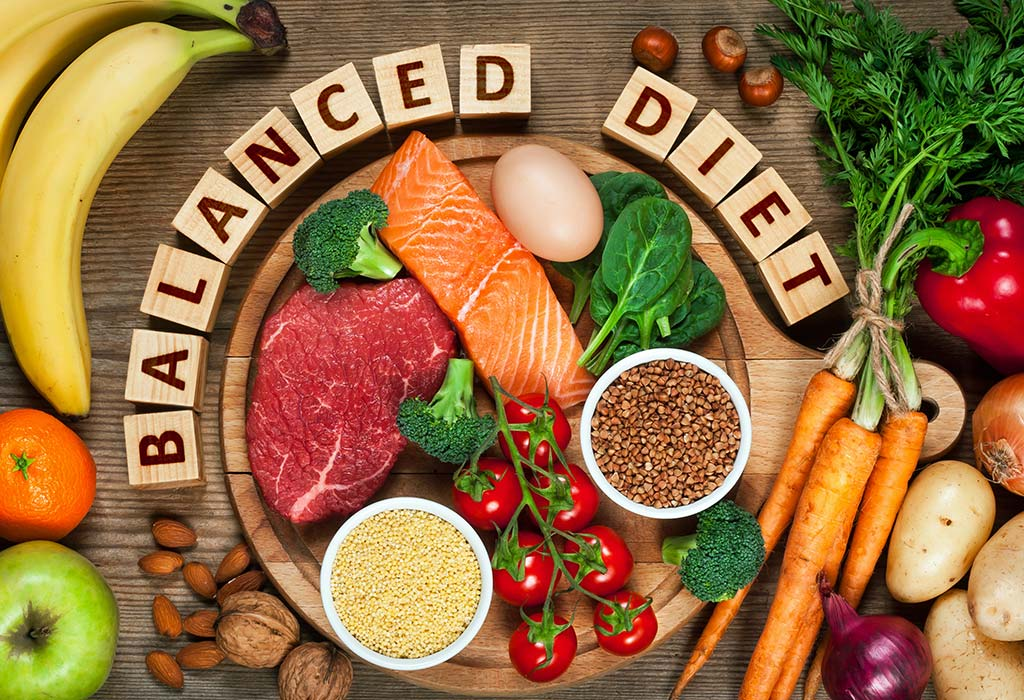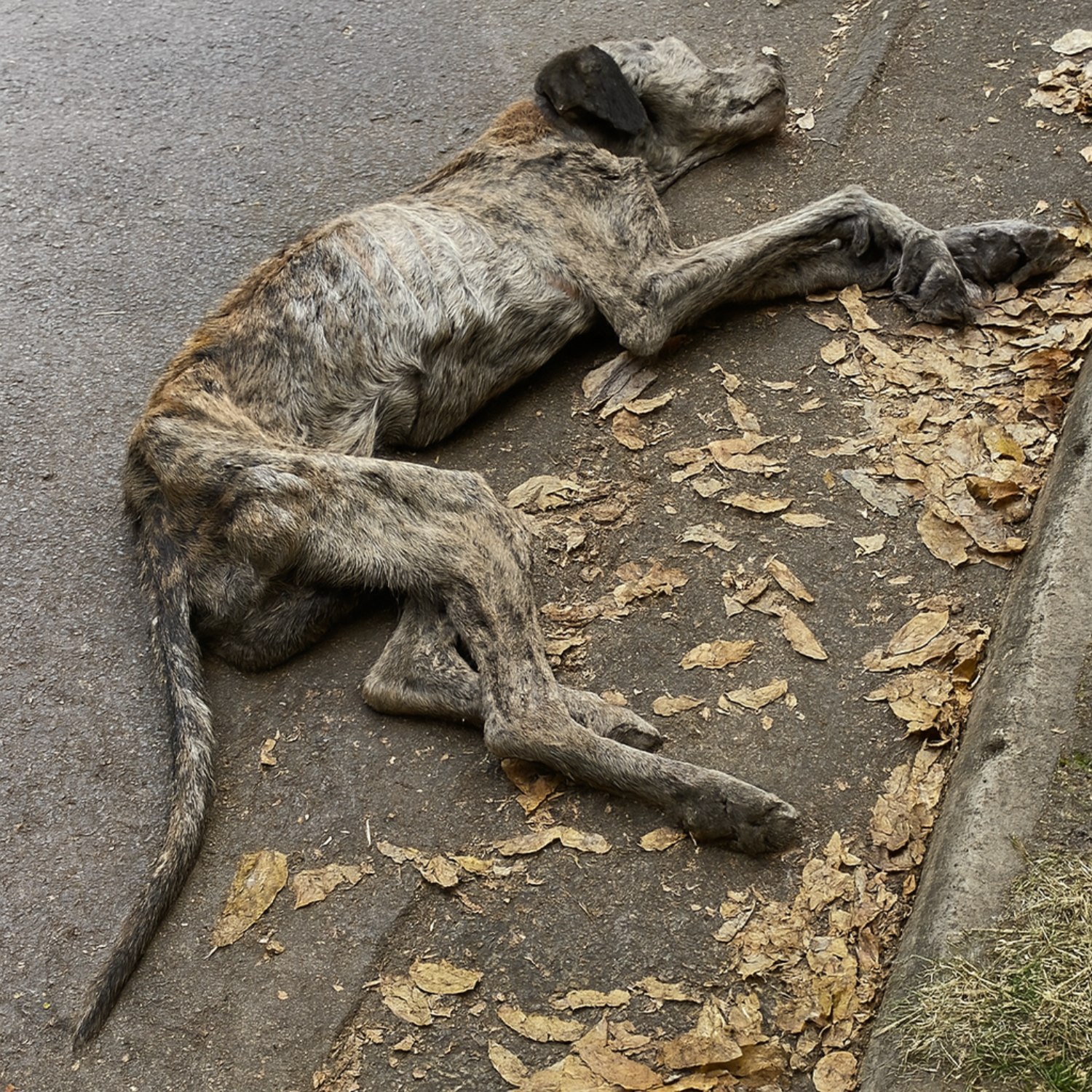Your liver is one of the hardest-working organs in your body, responsible for over 500 vital functions including detoxifying your blood, breaking down fats, and regulating hormones. Yet, liver disease is often called a “silent killer” because symptoms may go unnoticed until the condition becomes severe. According to the American Liver Foundation, about 100 million Americans are living with some form of liver disease—and many don’t even know it.
Have you ever felt unexplained fatigue, noticed yellowing of your eyes, or dealt with constant digestive discomfort? These could be early warning signs that your liver is under stress. Identifying the signals early can make all the difference between recovery and serious complications.
In this article, we’ll explore 15 early warning signs that your liver might be in trouble, explain why they happen, and provide practical steps you can take to protect this vital organ. Whether you’re concerned about your health or simply want to stay informed, this guide will give you the knowledge to act before it’s too late.

Why Your Liver Deserves Attention
Your liver filters toxins, produces bile for digestion, stores vitamins and minerals, and helps regulate blood sugar. When it’s not functioning properly, the effects ripple throughout your entire body. Unlike some organs, the liver can regenerate, but only if you catch problems early and make lifestyle changes.
Common causes of liver stress include:
- Excess alcohol consumption
- High-fat diets or obesity
- Viral infections like hepatitis
- Certain medications or supplements
- Long-term exposure to environmental toxins
Now, let’s dive into the 15 warning signs you should never ignore.
15 Early Warning Signs of Liver Trouble
1. Persistent Fatigue
Chronic tiredness may be one of the first indicators of liver dysfunction. When your liver struggles to filter toxins, your body works overtime, leaving you drained even after rest.
2. Yellowing of Skin or Eyes (Jaundice)
A classic sign of liver issues, jaundice occurs when bilirubin builds up in the blood. This yellow tint to skin or eyes should always be checked by a doctor.

3. Abdominal Swelling or Pain
If you feel bloated or notice discomfort on the right side of your abdomen, it could indicate liver inflammation or fluid buildup (ascites).
4. Unexplained Weight Loss
Sudden loss of appetite or weight, especially without changes in diet or exercise, may signal a liver problem affecting digestion.
5. Dark Urine
When bilirubin levels rise, urine may become unusually dark, even if you are well-hydrated.
6. Pale or Clay-Colored Stools
A lack of bile production due to liver trouble can cause stools to appear light or chalky.
7. Itchy Skin
Chronic itching without a rash may be linked to bile salt accumulation under the skin.

8. Swelling in Legs and Ankles
Fluid retention in the lower body is a common symptom of advanced liver issues.
9. Nausea or Vomiting
Frequent nausea may indicate your liver isn’t effectively clearing toxins from your bloodstream.
10. Easy Bruising and Bleeding
When the liver fails to produce enough clotting proteins, even minor bumps can cause bruising.
11. Mental Confusion or Memory Problems
Called “hepatic encephalopathy,” this occurs when toxins affect brain function, leading to confusion or poor concentration.
12. Bad Breath or Metallic Taste
Persistent bad breath or a metallic taste in the mouth may be linked to liver-related digestive problems.

13. Spider-Like Blood Vessels on Skin
Dilated blood vessels appearing in a spider-web pattern on the skin may point to liver disease.
14. Loss of Appetite
A decreased desire to eat often happens when the liver is under stress, leading to nutrient deficiencies.
15. Weak Immune System
If you’re constantly getting sick, it might be because your liver isn’t producing enough immune-supporting proteins.
| Warning Sign | Possible Cause | What to Do |
|---|---|---|
| Fatigue | Toxin buildup | Rest, hydration, see doctor |
| Jaundice | Bilirubin buildup | Immediate medical check |
| Abdominal swelling | Fluid retention | Medical evaluation |
| Dark urine | Liver damage | Get tested promptly |
| Pale stools | Lack of bile flow | Consult a specialist |
Practical Steps to Protect Your Liver
Maintain a Balanced Diet
Opt for whole foods rich in fiber, lean protein, and antioxidants. Avoid excessive sugar, refined carbs, and fried foods.

Limit Alcohol Intake
Alcohol is one of the biggest stressors on the liver. Moderate consumption or complete avoidance can significantly lower your risk.
Exercise Regularly
A healthy weight reduces fat buildup in the liver and improves overall function. Aim for at least 30 minutes of activity most days.
Stay Hydrated
Water helps flush toxins and supports metabolic processes.
Get Regular Checkups
Simple blood tests like liver function panels can detect issues before symptoms appear.
Be Cautious with Medications and Supplements
Over-the-counter drugs like acetaminophen can be harmful in high doses. Always consult a healthcare provider before combining medications or herbal supplements.
Case Study Example
A 45-year-old man experiencing fatigue and abdominal swelling assumed it was stress. A routine blood test revealed elevated liver enzymes. By making dietary changes, reducing alcohol, and starting moderate exercise, his enzyme levels normalized within six months. This highlights how catching symptoms early can lead to full recovery.
Conclusion
Your liver is a remarkable organ, capable of healing itself if given the chance. But when early warning signs are ignored, problems can escalate quickly. Paying attention to symptoms like fatigue, jaundice, or swelling may help you act before it’s too late.
Frequently Asked Questions
- Can the liver repair itself? Yes, but only if damage is not severe and lifestyle changes are made early.
- What’s the best diet for liver health? Focus on whole foods, fiber, and minimal alcohol or processed fats.
- When should I see a doctor? If you notice persistent fatigue, yellowing skin, or abdominal swelling, consult a professional immediately.
- Are supplements good for liver health? Some may help, but always check with a healthcare provider before use.
Disclaimer: This content is for informational purposes only and should not replace medical advice. Always consult with a qualified healthcare professional regarding your health concerns.




